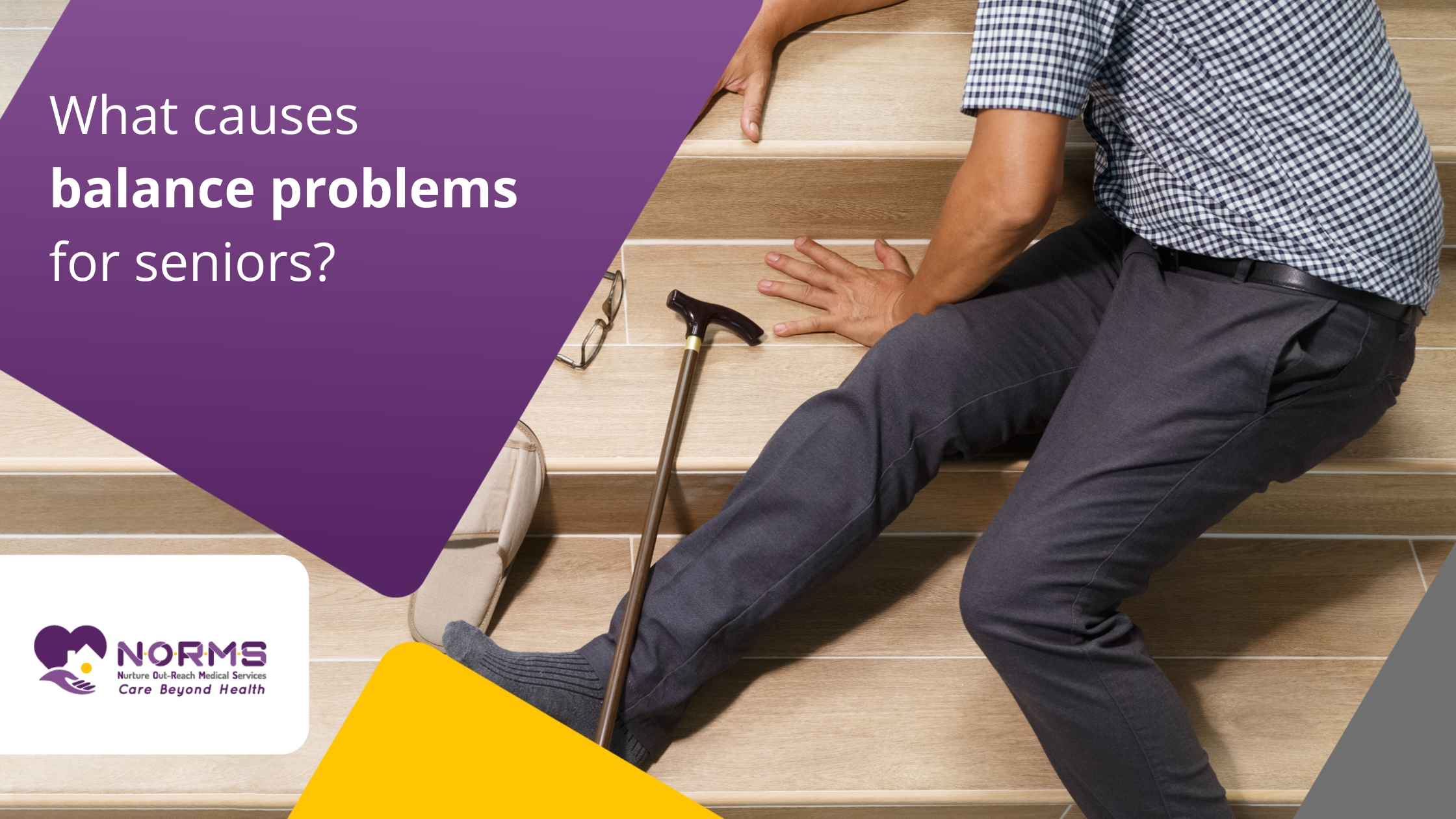
Dizziness in the elderly is a frequent complaint that influences gait and results in loss of balance and reduces the senior’s ability to function effectively. The result of poor balance is that the person is likely to fall which can cause injury or lead to hospitalization. The source must be addressed, and remedial action determined is important to identify.
Table of contents
inner ear balance control is impaired due to inner ear abnormalities and this results to dizziness and unsteadiness. Conditions like benign paroxysmal positional vertigo, Meniere’s disease, and inner ear infections, called labyrinthitis, interfere with the signals to the brain needed for balance, and results in loss of balance.
Your inner ear may need some help to readjust and balance through exercises known as vestibular rehabilitation. These exercises are usually recommended by physical therapists and are based on head and eye movements that engender proper signalling. Anti-vertigo medications are also effective, and in the event that vertigo is due to some other condition, surgery may be useful.
This leads to muscle atrophy, Arthritis, and other joint complications that are great precursors to fall. Muscle weakness as well as joint stiffness undermine the ability of the patient to maintain good posture and balance hence falls easily.
Exercise, including strength, is useful in that it builds muscle tissues and improves the stability of the body. Other soft exercises, including yoga, tai chi, swimming, among others, also enhance flexibility, joint and coordination. Consulting a physiotherapist regarding special exercising that strengthening specific muscles and joints will aid seniors in regaining their balance.
Cataracts, glaucoma, macular degeneration, and other sicknesses related to old age often affect the eyesight of many seniors, hence affecting their balance. A person with bad eyesight will not have a proper field view and may easily fall due to different frustrations. Their ability to judge width, length, height, and other related issues is also impaired.
Eyes tests are important to enable early identification and treatment of the eye complications. Glasses, cataract surgery, and medicines to treat eye diseases definitely help to regain vision and thus balance.
Some of the most used drugs by elderly citizens include sedatives, antihypertensives, antidepressants as well as anti-anxiety drugs entail side effects such as dizziness, low blood pressure, and complications in the coordination system. These side effects can worsen the risk of falling and losing balance.
Therefore, it’s important to consult a healthcare provider to review medications and side effects. If side effects cause balance issues, medications, including their dosages, can be changed.
Diseases such as Parkinsonism, stroke, peripheral neuropathy (nerve disorders) and multiple sclerosis affect balance due to coordination and strength impairments. These conditions affect the communication of brain with the muscles and nerves and thus cause poor stability.
In most cases, healthcare physicians with neurological problems advise physical therapy that focuses on balance, occupational therapy, and physiotherapy medications. Walking sticks, walking frames, and other exercise exercises, therapy from physiotherapists, and occupational therapy can help patients improve their balance over time.
Changes in blood pressure when standing and high or low BP can lead to dizziness lightheadedness and, therefore, loss of balance. These variations are especially common in elderly people and might be caused by a lack of fluids, specific medications, or pre-existing heart conditions.
Staying well hydrated, changing the dosage of taken medications, and avoiding certain positions such as getting up from sitting or lying position too quickly are some ways by which high blood pressure can be controlled and dizziness avoided. It helps a healthcare provider to set specific interventions based on the root cause identified.
Problems with the feet such as rheumatism, arthritis, bunions, neuropathy and ill-fitting shoes that compromise gait and balance. Feet that are causing pain or shoes which does not offer a good support will make one to balance and fall.
Well-fitting shoes that support the feet and have non-slip soles are very desirable in helping with balance. Consulting a podiatrist on the use of orthotic supports, treatment of foot conditions, and foot care directions can also facilitate the patients’ stability.
Including The following impairments: Dementia: This disease impairs balance since patients have poor coordination, poor attention and have difficulty in making quick decisions. Mild Cognitive Impairment (MCI): This disease also hinders balance due to poor coordination, poor attention and fast decision making. Firstly, peripheral neuropathy and other diseases, S/P stroke, joint problems, or changes in balance, coordination, strength, and sensation can impair balance in elderly patients.
Stimulating the brain, encouraging an active lifestyle, dancing, and practicing balance exercises would prove beneficial in countering this problem. Support and education, counselling and support groups, and interventions such as mindfulness practices can help the elderly lessen their anxiety about falling.
Imbalances in the senior population are as a result of both body, sensory, and neurological system conditions. The type of balance disorders indicates what methods used can be effective so it is important to find the real cause of the problem. Special interventions for elderly patients in terms of exercises, medication, diet and using orthotics all play significant roles in ensuring that the elderly exercise a lot of stability and a reduced risk on falls. Through intervention of these factors, elderly people are able to remain mobile, functional and have optimum quality life.
The small workout plan can involve standing bare feet with one leg lifted, walking only the heel and toe, and lifting the side leg. Along with strength training, these exercises if performed with regularity can make loads of difference.
Shoes which can self-apply themselves during working activities should be of non slip sole material, low heel and well fitting shoes. Do not wear loose or high heeled shoes.
Yes, aggravating poor posture create changes in body alignment and stability of center of gravity – balance. Some of the activities most helpful because they maintain balance include exercises that help in developing strength of the abdominal muscles and increase awareness of the positioning of the body.